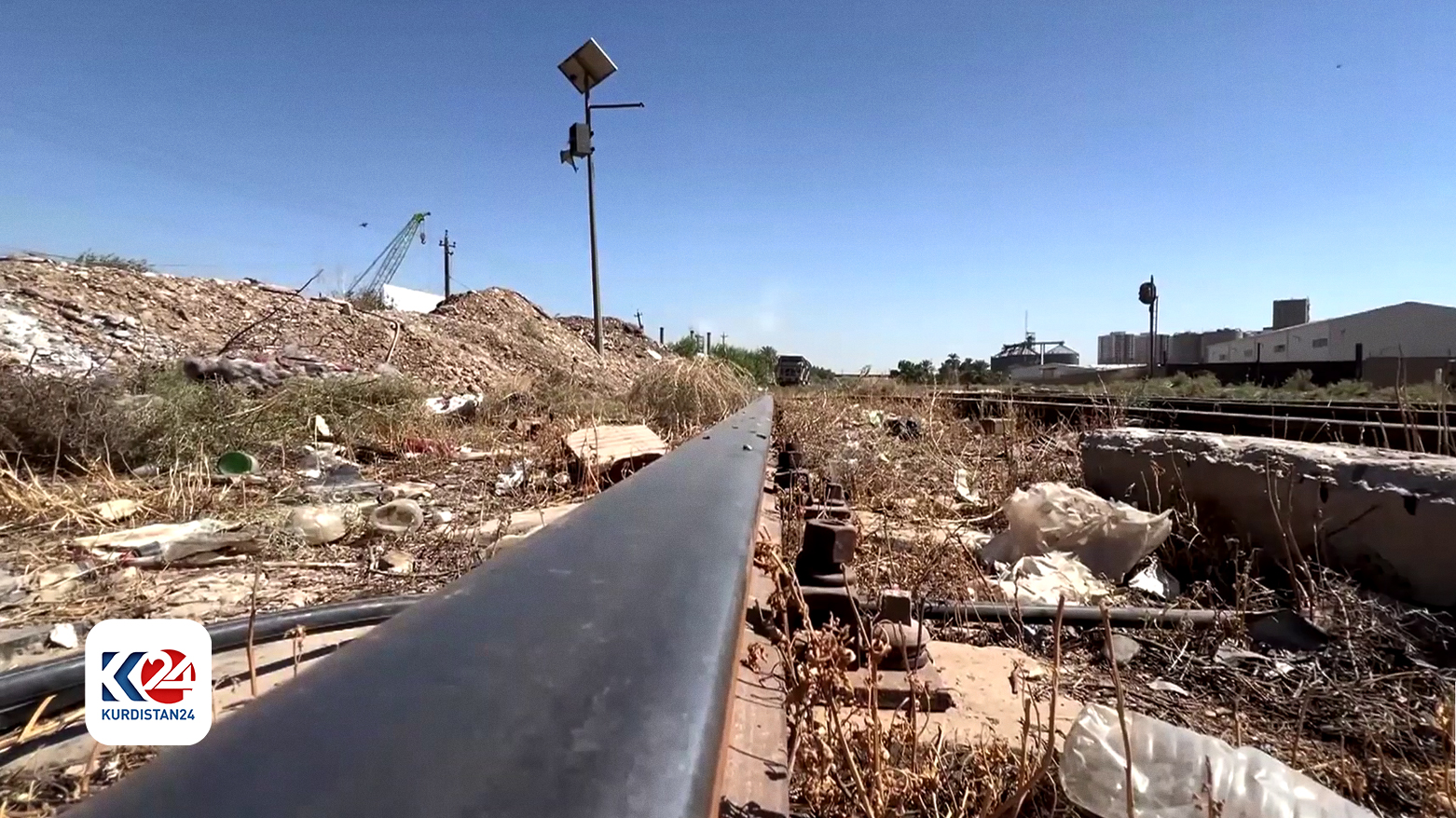Iraq engulfed in $22 billion corruption scandal in railway sector, public outrage grows
This latest revelation has shocked the Iraqi public, following in the wake of the notorious "Theft of the Century," as corruption continues to plague the country’s infrastructure projects.

ERBIL (Kurdistan24) – The ongoing saga of corruption in Iraq has reached alarming new levels, with the latest scandal involving a deal in the railway sector pushing the corruption rate to a staggering $22 billion.
This latest revelation has shocked the Iraqi public, following in the wake of the notorious "Theft of the Century," as corruption continues to plague the country’s infrastructure projects.
The $22 billion contract, signed with a consortium of Korean companies, has sent shockwaves through Iraq, where citizens are already reeling from decades of financial mismanagement and widespread corruption.
Nour Zuhair, a prominent figure already implicated in the "Theft of the Century," is now accused of being involved in this astronomical deal, which far surpasses previous cases of graft.
This time, the corruption scandal is centered around Iraq's railway sector, which remains largely dilapidated and neglected.
"This is truly horrifying," said an Iraqi citizen in an interview with Kurdistan24. "They hold citizens accountable for just 5,000 dinars, yet these enormous sums are being stolen from our railways and our country. If we were to examine all the ministries, who knows how much more corruption we'd uncover. Iraq's billions are filling the pockets of the corrupt, from the top levels of government to the bottom."
Another citizen expressed similar frustration, calling the railway corruption scandal even more significant than the infamous Theft of the Century. "So many projects exist only on paper," he said. "They are illusions—there’s nothing real behind them."
The $22 billion contract, an amount exceeding the combined annual budgets of three neighboring countries, raises serious concerns about the management of Iraq's finances.
The fact that such a colossal deal was signed by a general manager—far beyond the authority of any minister—has left the public and analysts questioning the transparency of Iraq’s political system.
Many fear that such rampant corruption could soon lead the country into bankruptcy.
Political analyst Ali Sahib spoke to Kurdistan24, saying, "This is a tragic farce. The contract was signed by a general manager, but even a minister would not have the authority to approve such a massive sum. It appears that Iraq’s entire political system is involved in this process, but the truth will emerge as more details about this dangerous case are revealed. The sad reality is that Iraq doesn’t even have the infrastructure to support these railways."
As Iraq grapples with yet another financial scandal, public trust in government institutions continues to erode.
The latest corruption deal in the railway sector has cast a dark shadow over the country’s ability to manage its resources, leaving citizens and analysts alike asking: where do Iraq's billions go?
Amid growing public outrage, it remains to be seen how Iraq's political system will address these mounting allegations of corruption.
However, the sentiment on the streets is clear—the people are tired of watching their country’s wealth disappear into the pockets of the corrupt.
Further reporting was done by Kurdistan24's correspondent Seif Ali.